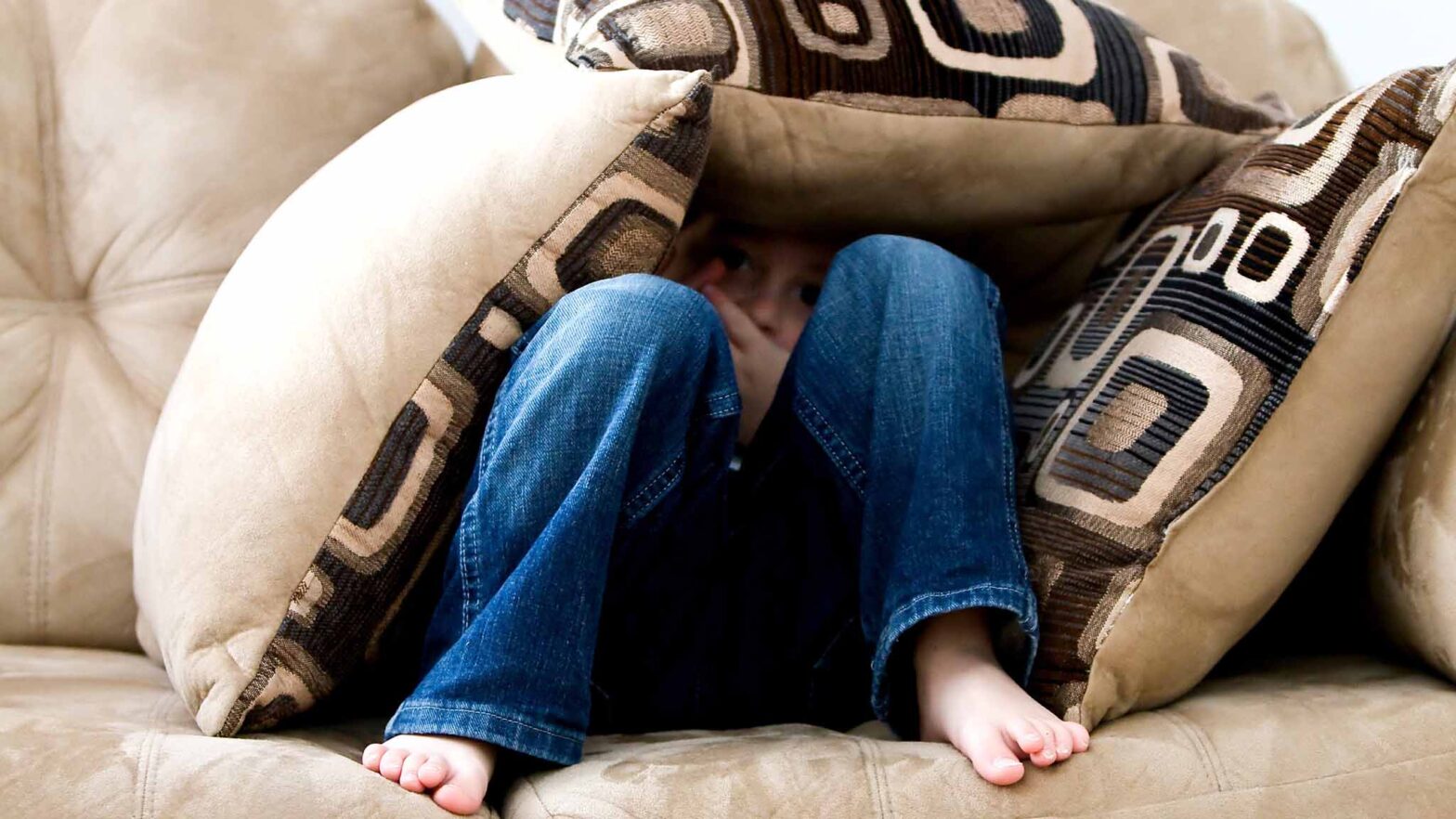
Take any film industry in this world, and you can see there is some form of violence in many of their movies or TV programs.
Children are not just limited to watching screen violence on their TVs or in theaters, but they can play violent video games too.
Further, as we are getting more and more connected due to technology, screen violence is also available on demand. Today, children can access screen violence by typing a few words or dictating their voices on different devices.
When children watch screen violence on an almost daily basis, is there any ill effects on their mind and body?
Multiple researches have pointed the link between screen violence and its effects on children.
What are The harmful Effects of Screen Violence?
Let’s look deeper into the harmful effects and what some researches revealed.
1. Increased Aggression
When children watch screen violence in the form of movies or video games, they become more aggressive.
These children are more prone to engaging in arguments. They show physical aggression and can engage in fights.
When children see violent media, they may mimic those aggressive behaviors. These children may think that it is an acceptable way to solve problems or make their presence felt.
We all want our children to grow up with kindness and compassion. But, they are resorting to aggression as a solution.
Due to this, they can face problems in school, relationships, and even future career prospects.
Research: American Psychological Association (APA) Meta-Analysis
The APA conducted a comprehensive meta-analysis based on a number of studies conducted in different countries. They found a clear link between exposure to violent media and increased aggression in children.
2. Desensitization to Real Violence
“Desensitization to real violence” means when our children watch a lot of screen violence, they start to feel numb to it.
In other words, they start seeing violence as a normal thing. When they watch violent media, they may not feel as sad or shocked as they should.
This situation is a problem because it is hard for them to understand how serious and hurtful violence can be in the real world.
Such children find it hard to empathize with the pain and suffering of others. They lose their ability to connect with the real emotions of the people around them.
Research #1: The Bobo Doll Experiment
The renowned psychologist Albert Bandura conducted this experiment in 1961.
In the experiment, children were given a task to watch an adult model. The adult model was engaged in aggressive behavior towards an inflatable Bobo doll. It was found that children who watched it were more likely to imitate that behavior.
This classic study illustrated how exposure to violence can directly influence the actions of our children.
Imagine a child watching a violent movie or video game, they could internalize those aggressive actions. This may affect their behavior towards others.
Research #2: University of Michigan Study
This study also revealed that if children are habitually exposed to screen violence and violent video games, their ability to empathize with the pain and suffering of others decreases with time.
This is a wake-up call for parents and society because it means our children may become less compassionate and understanding.
You can picture it like this, your child is regularly exposed to screen violence. Due to this, they are struggling to understand the feelings of their friends or even their own family members when they are in pain.
It is a heartbreaking consequence.
3. Increased Anxiety and Fear
Imagine your children are watching a movie where there is a lot of fighting, screaming, or scary stuff happening. When children watch things like that, it can sometimes make them feel more scared, worried, and nervous.
They may have bad dreams or find it hard to sleep because those scary images keep coming back to their minds. They may have to go through constant worry.
It is like when you are in a dark room and you see something spooky. It stays in your mind and can make you feel scared even after the lights come back on.
This kind of fear and anxiety isn’t just about feeling scared in the moment. It can stick around and make kids feel anxious, like something bad might happen even when they know they’re safe. It’s like carrying around a little cloud of worry that won’t go away.
This is deeply concerning because our children should be growing up in a safe and secure environment. Instead, they are plagued by nightmares, sleep disturbances, and constant worry.
Research: In a 2018 study published in Pediatrics, they showed that children who frequently watched violent movies were more likely to experience these negative psychological effects.
It is really heartbreaking to think that the media they consume is contributing to their anxiety.
4. Risky Behaviors
When we talk about the impact of screen violence on children and youth, their involvement in risky behaviors is also an important aspect to discuss.
Risky behaviors mean that what the children and youth watch on screens can influence the decisions they make in real life.
This often leads to potentially harmful or unsafe actions such as substance abuse, unsafe sex, showing aggression and bullying, or criminal behavior.
Research: The JAMA Pediatrics conducted a study in 2019 to find the link between screen violence and risky behaviors.
This study demonstrated that children who regularly played violent video games were more likely to engage in risky behaviors. Such as substance abuse or unsafe sex.
This connection highlights that what our children and youth see on screen can directly impact their life choices.
Final Thoughts
So, it is clear that screen violence really has harmful effects on the minds of our children and youth.
Many researches have proved the same and the real-world consequences are evident.
Therefore, it is our responsibility as parents, caregivers, and a society to be mindful of what our children are exposed to on their screens.
We need to make sure that they are not being influenced by content that glorifies or normalizes harmful actions.
As a society, it’s our responsibility to create a safer environment for our young generation. We need to promote media literacy and engage in open conversations with our children about the potential impact of what they watch.
We need to encourage and guide our children and youth so that they can foster critical thinking and make healthier content choices.
2024 © socialexperiencehub.com. All rights reserved.






